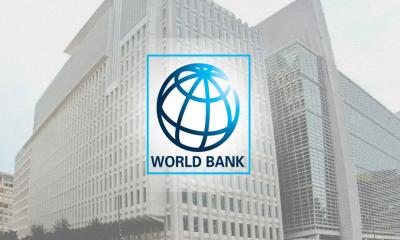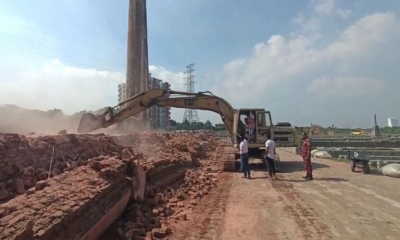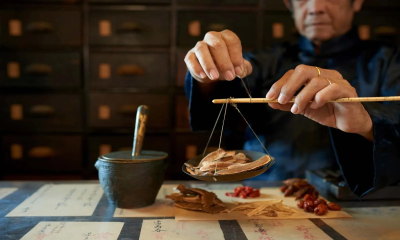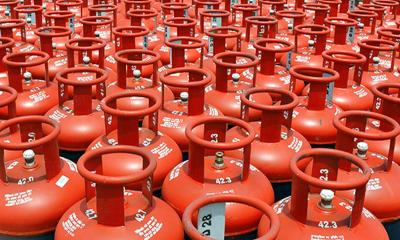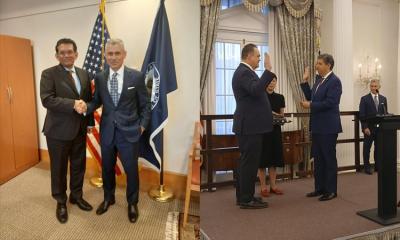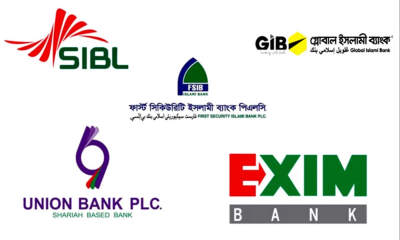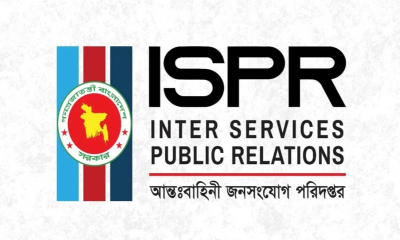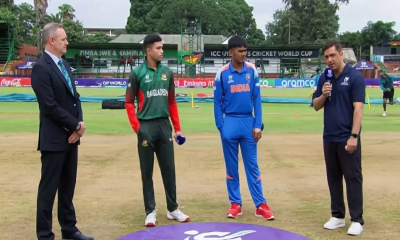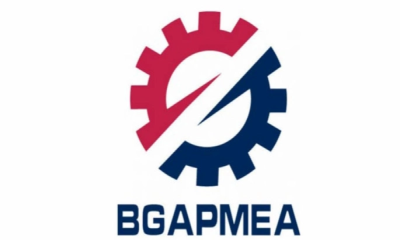Bangladesh has been struggling for expansion of white fish market by less market price, high production cost mainly due to price hikes of inputs, fish thefts especially during selling, less interests of buyers to collect fish from discrete places, weak value chain, less or no traceability, water scarcity, chemical uses and high environmental discharges. According to National Fisheries Week Book 2020 our inland aquaculture production is 2.4 million MT in year 2017-2018. Along with horizontal expansion of aquaculture technologies we need to go for vertical expansion of that to keep pace with the global economy as well to achieve the targeted SDG 14 (Life below water) and SDG 2 (End Hunger). We can do it through raising our present production and can reach to the export markets through the surplus production.
Afil Aqua Fish Ltd. an aqua-engineering based fish production company and one of the partners of USAID funded Feed the Future Bangladesh Aquaculture Activity, WorldFish, has established an In-Pond Raceway System (IPRS) to promote and adapt the technology in south-western Bangladesh. Afil Aqua Fish has delivered training to 40 advanced fish farmers regarding how to establish IPRS. They also disseminated information of how to set up traceability into their own farms, to strengthen fish value chains in their local areas as well how to reach to the export markets. A set of communication materials as leaflets and booklets regarding improved aquaculture developed by BAA, WorldFish was provided to each participant during the training.
As a result of this Sundous Private Ltd., upazilla-Batiaghata, district- Khulna and Noapara Group, upazilla- Kalia, district- Narail have started preparation of establishing IPRS in their respective areas by the beginning of next year. Mr Sarder Shirajul Islam, director of Sundous Private Ltd. informed that in order to source quality fingerlings and to stock those into IPRS they have already provided aquaculture training to 53 fish farmers. They have disseminated information on how to produce bigger size and quality fingerlings and how to grow out those. Afil Aqua Fish can provide advisory services to those firms who are going to establish IPRS. Thus Afil Aqua Fish will also be benefited of providing the capacity building training to the advanced farmers.
Mr Shirajul Islam of Sundous Private Ltd. says, “During the capacity building training organized by Afil Aqua Fish on October 31, 2021 we responded that we will go for IPRS after observing at least one production cycle of Afil Aqua.
Now we are sure of that and we will start our activities to establish an IPRS in our areas. Afil Aqua Fish has sold 16100 MT Shol fish from one production cell of 220 m3 water area in three months after stocking, which worth USD 52572 and feed cost was USD 7947. This features have motivated us largely and we are preparing to construct an IPRS of 3 production cells where we are planning to stock tilapia, grass carp and rohu into each cell respectively”.
From IPRS 7-10 times more production can be achieved from the same unit area with existing commercial practices. Besides in IPRS as no chemical is used and traceability can be easily set up, like China and India, surplus white fish can be exported to different countries by meeting all the export compliances. Target biomass of Afil Aqua Fish is 90-100 kg/m3 area/cycle from the production cells. So, from 880 m3 water area of the four production cells total 79200 kg to 88000 kg production of fed fish is expected. In addition from outside the production cells total 15400-16300 kg extra production of service fish is expected. So, the total targeted production from four cell IPRS of two hacters (ha) water areas is 94600 kg to 104300 kg per production cycle.
Dr Manjurul Karim, COP, Bangladesh Aquaculture Activity (BAA) project said, “Fish is the main source of meeting the protein demands of our lives. In the future, along with the economic development of the country, industrialization will also progress, which will result in less aquaculture water bodies as well the associated rising of gaps between the then demands and supplies. And so it's time to go for vertical expansion and to adopt such intensive aquaculture technology like IPRS.
In IPRS quality of fish would be much better than that in any other technology. Here mainly water flow and water quality parameters are controlled without producing any harmful residuals for the environment. Through automated wastes removal device fish excreta are continuously removed from the quiescent zone which is separated from the production zone. Adaptation of IPRS will not only meet the future gaps between demand and supply of fish but it would also be able to address country’s nutrition security as well economic growth”.
During the project period (Since June 2021 to June 2022) and through the intervention 110 number of advanced fish farmers from different areas of the south-western Bangladesh will be capacitated on IPRS. It is expected that at least 10% of them will adopt IPRS in their own farms. To mitigate less information as well less research results on IPRS in Bangladesh, 20 studies will be conducted in collaboration with 3 universities e.g. Jashore University of Science and Technology (Just), Khulna University and Khulna Agricultural University.
Other than this to motivate future entrepreneurship as well research interests study visits of 400 number of students to the project site will be facilitated. Through this IPRS 10 new employments (including 1 project engineer, 1 manager (finance and accountant), and 1 Fisheries officer, 1 firm in charge, 3 field officers and 3 electricians) have been created this year. In addition, during harvests 150 number of mobile fish vendors will also get opportunity to directly buy fish from the project site. With the expansion of the project, number of employees will be increased.
Mr SK Afil Uddin, Member of Parliament (Jashore-1) and Managing Director of Afil Group reiterated-
“This is a very happy day for us. Afil Aqua Fish has finally successfully completed establishing IPRS. One of the challenges we faced includes not having much information about IPRS in the country. We had to face special difficulties for some times in the field of procuring and installing machineries and other equipment.
But in the end we were able to successfully complete all the work with the cooperation of WorldFish and Department of Fisheries (DoF) as well by using our long experiences on aquaculture. Through today's event, I would like to express my sincere gratitude to USAID Funded and WorldFish implemented “Feed the Future Bangladesh Aquaculture Activity” project for extending their supports in establishing IPRS. At the same time, I would like to tell everyone that from now on, there will be no need to look for any kind of technical assistance or equipment collection from abroad. The skills and expertise we have gained enable us to directly support establishment of more IPRS in the south-western Bagladesh. If we can promote more IPRS in the country, it can make a significant change into the fisheries sector and the country's economy”.
The author is Market Systems Specialist at World Fish Bangladesh.




-20251228011000.webp)

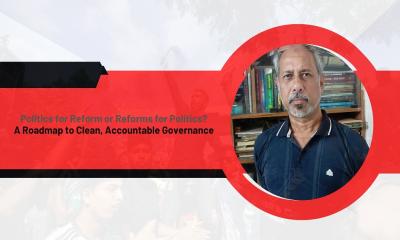

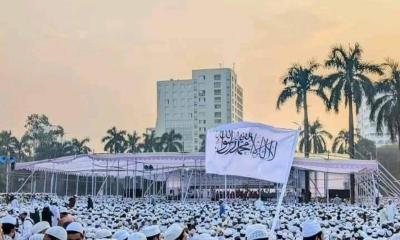

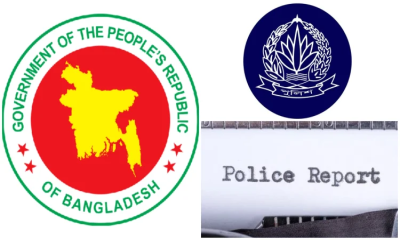

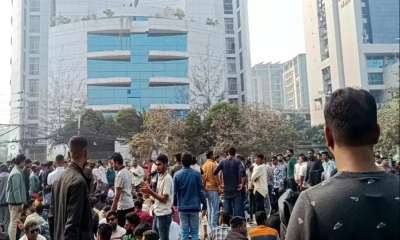
-20260119094509.webp)
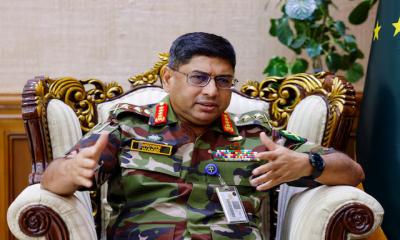
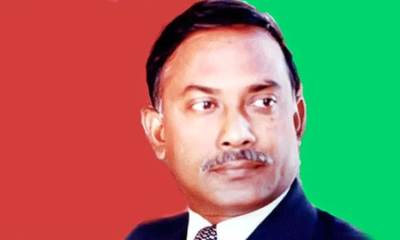
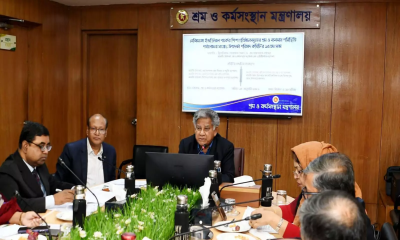
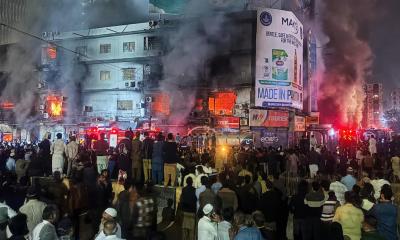
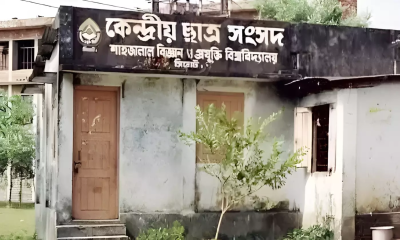

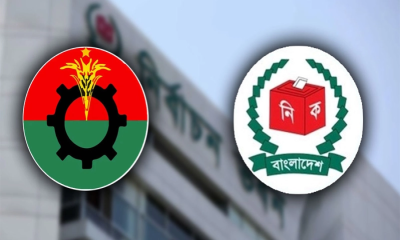
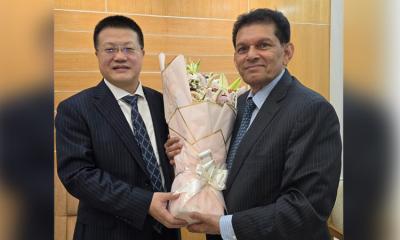
-20260118114124.webp)
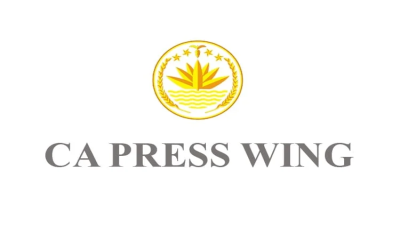



-20260112173104.webp)
